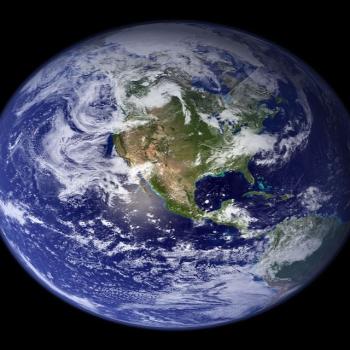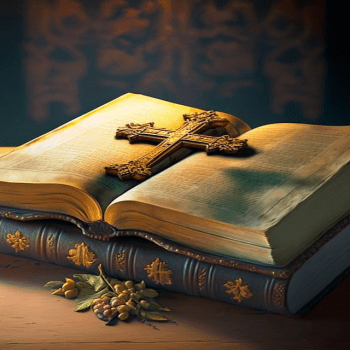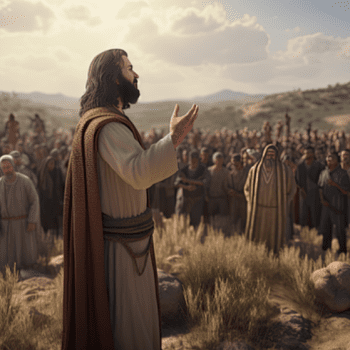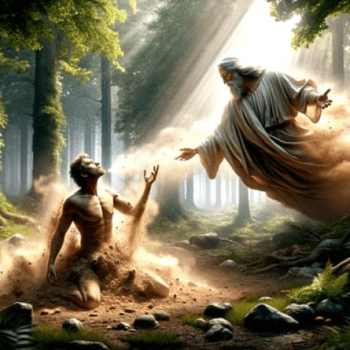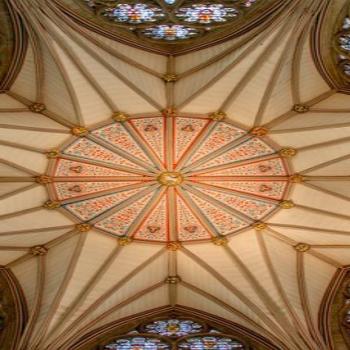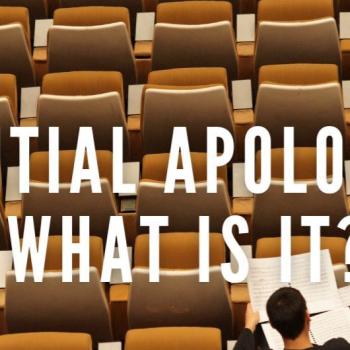“He who marries the spirit of the times will soon find himself a widower.” — G.K. Chesterton. Everything changes. Empires rise and fall. People come and go. Fades vanish as quickly as they appear. What about Catholicism? Are the teachings of the Catholic Church as fixed as the stars, or are they subject to the change that engulfs our lives? A Changing Church? It can be reasonably argued that the Catholic Church is a result of change. While the Church... Read more



